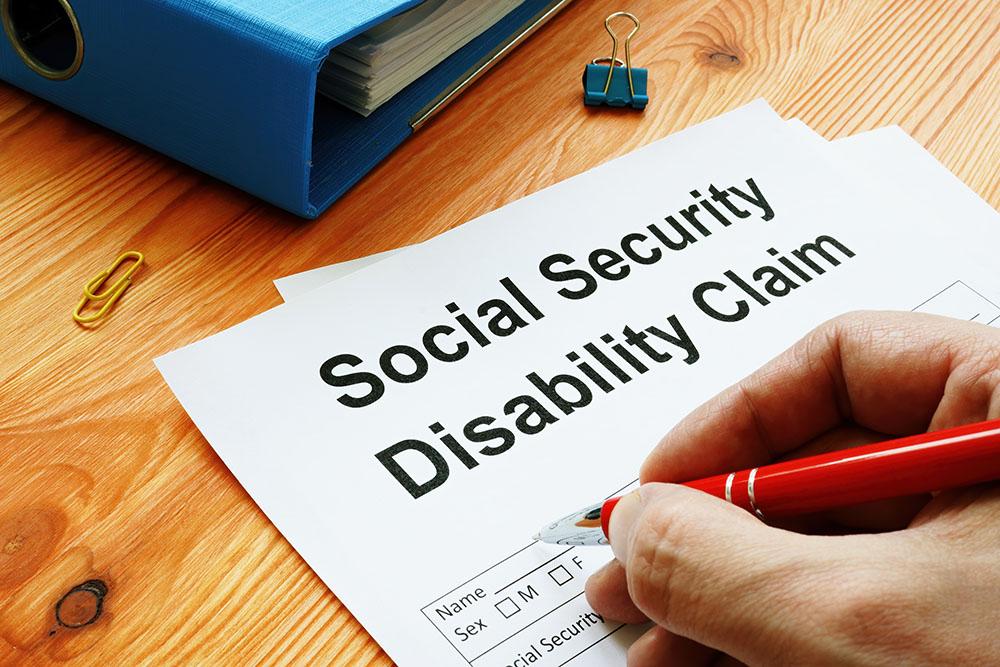Clergy sexual abuse is a grave issue that affects many individuals, often leading to long-lasting emotional and psychological damage. The abuse of power and trust by religious figures can be deeply traumatic for survivors. Legal support systems are crucial for helping survivors seek justice and begin the healing process.
Understanding the options available and the steps to take can empower survivors to take action against their abusers. Legal support not only provides a pathway to holding perpetrators accountable but also plays a significant role in the overall recovery process. Having knowledgeable and compassionate legal representation can make a significant difference in achieving a sense of justice and closure.
This article will explore the importance of understanding clergy sexual abuse, the types of legal support available for survivors, the steps to take when seeking legal help, and the vital role that legal support plays in the journey towards healing and justice. By shedding light on these critical topics, we aim to provide valuable information and support to those affected by clergy sexual abuse.
Understanding Clergy Sexual Abuse
Clergy sexual abuse involves the exploitation of power by religious figures over vulnerable individuals. This type of abuse can occur in various religious settings and includes a range of inappropriate behaviors, from unwanted touching to more severe forms of sexual assault. The profound trust placed in clergy makes this abuse particularly damaging, as it violates both personal and spiritual boundaries.
Survivors of clergy sexual abuse often experience a mix of emotions, including shame, guilt, and betrayal. These feelings can deter them from coming forward and seeking help. Many survivors may struggle with their faith or community relationships, making recovery even more complex. Understanding these dynamics is critical to providing effective support and encouraging survivors to seek justice.
Awareness about clergy sexual abuse is growing, driven by increased media coverage and advocacy efforts. This awareness helps to validate the experiences of survivors and emphasizes the importance of legal action against abusers. Recognizing the severity and impact of clergy sexual abuse is the first step in addressing this serious issue and supporting those affected.
Types of Legal Support Available to Survivors
Survivors of clergy sexual abuse have several legal support options to help them seek justice and begin the healing process. These types of support can provide cost-free or subsidized legal assistance, as well as access to resources and expertise.
1. Civil Litigation: Survivors can file a civil lawsuit against the abuser and the institution that allowed the abuse to occur. This can result in financial compensation for damages, including medical expenses, therapy costs, and emotional distress.
2. Criminal Prosecution: Reporting the abuse to law enforcement can lead to criminal charges against the abuser. A criminal case aims to hold the perpetrator accountable through the legal system, which may result in imprisonment or other penalties.
3. Support from Non-Profit Organizations: Various non-profit organizations offer legal advocacy and support services for survivors. These organizations often provide information on legal rights, help with finding legal representation, and offer emotional support.
4. State Compensation Programs: Some states have compensation programs for victims of sexual abuse. These programs can provide financial assistance to cover costs related to the abuse, such as medical and counseling services.
Understanding these types of legal support can empower survivors to take action and seek the justice they deserve. Each option plays a vital role in addressing the wrongs committed and helping survivors on their path to recovery.
Steps to Take When Seeking Legal Support
Seeking legal support as a survivor of clergy sexual abuse can be daunting, but following these steps can make the process more manageable and effective.
1. Document the Abuse: Keep a detailed record of the abuse incidents, including dates, locations, and any supporting evidence. This documentation will be crucial for building a strong case.
2. Report the Abuse: Report the abuse to local law enforcement and relevant church authorities. Filing a formal complaint helps initiate the legal process and ensures that the abuse is officially recorded.
3. Consult a Legal Professional: Contact an attorney who specializes in clergy sexual abuse cases. This legal expert can provide guidance, assess your case, and represent you in court if necessary.
4. Seek Additional Support: In addition to legal assistance, consider reaching out to support groups and non-profit organizations that specialize in helping abuse survivors. These resources can offer emotional and practical support.
5. Be Prepared for the Process: Understand that legal proceedings can take time and may require patience. Stay in close communication with your attorney to stay informed and prepared throughout the process.
Following these steps can help ensure that you receive the legal support you need to seek justice. Each action you take contributes to building a strong case and holding perpetrators accountable.
The Role of Legal Support in Healing and Justice
Legal support plays a vital role in the healing and justice process for survivors of clergy sexual abuse. It provides a means for survivors to regain a sense of control and achieve a form of closure.
1. Empowerment Through Action: Legal support empowers survivors to take action against their abusers. This empowerment can be a significant part of the healing process, helping survivors feel heard and validated.
2. Accountability: Holding abusers legally accountable is essential for justice. Legal action can lead to criminal penalties, financial compensation, and institutional changes that prevent future abuse.
3. Access to Resources: Legal proceedings often provide access to additional resources, such as counseling and support services. These resources are crucial for addressing the emotional and psychological impacts of abuse.
4. Community and Systemic Change: Successful legal cases can inspire broader changes within religious institutions and communities. Public awareness and legal precedents may lead to better protection for vulnerable individuals and stricter regulations.
Legal support is not just about winning a case; it is about aiding the long-term recovery and well-being of survivors. Achieving justice through legal means can also help pave the way for societal change.
Conclusion
Seeking and securing legal support is crucial for survivors of clergy sexual abuse. It provides the tools necessary for achieving justice and beginning the healing process. Understanding the nature of the abuse, knowing what types of legal support are available, and taking the appropriate steps to seek help can make a significant difference in a survivor’s journey towards recovery.
Legal support systems play a vital role in helping survivors regain empowerment, hold perpetrators accountable, and access essential resources. The impact of legal action extends beyond individual cases, contributing to systemic changes that protect others from similar abuse.
If you or a loved one has experienced clergy sexual abuse, it is important to take action. Contact Greg Jones Law, P.A. for dedicated legal support. Our experienced team is committed to helping you navigate the legal process and achieve the justice you deserve. Your path to healing and justice starts with reaching out to us today.




